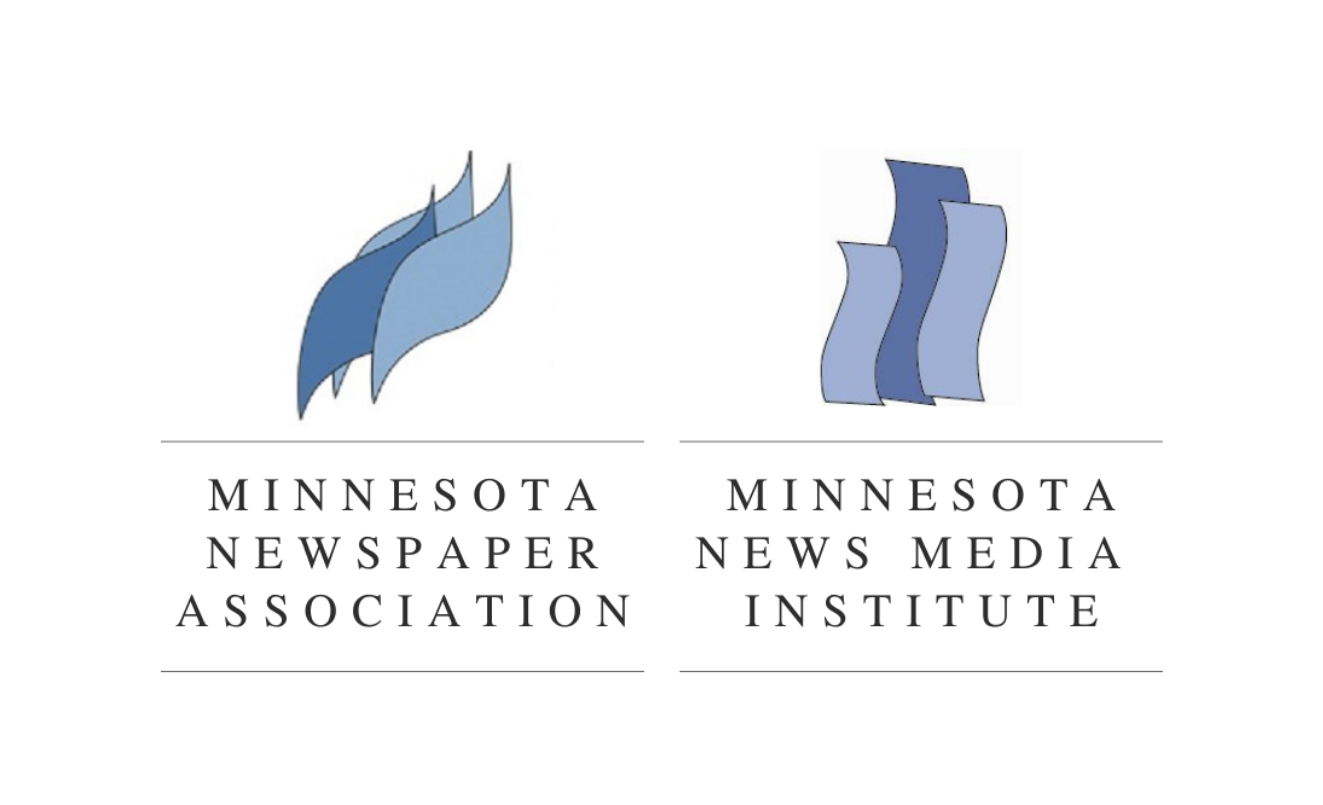By: Chuck Nau
 “How Am I Doing”? Remember those moments earlier in your life when you may have asked that question or a similar one of a teacher, friend, or confidant? In many instances, those questions were being asked to open a dialogue, and gather some outside information to confirm that your assessment of your current situation was accurate.
“How Am I Doing”? Remember those moments earlier in your life when you may have asked that question or a similar one of a teacher, friend, or confidant? In many instances, those questions were being asked to open a dialogue, and gather some outside information to confirm that your assessment of your current situation was accurate.
In these challenging, tough and, sometimes, frightening economic times are you being asked these same questions today by your staff? Then again, do you model and encourage your staff to ASK (Always Seeking Knowledge) you questions? How are they doing, coach?
“Coaching” or conversations with your staff are important, particularly in these rapidly changing times, as you develop a concept of team and teamwork. Fostering an “asking” rather than “telling” environment will give support and encouragement to your team.
“Coaching” is not talking to your staff. Rather it is a two way dialogue or discussion looking at performance, identifying performance obstacles or problems, and developing solutions and action steps. Coaching helps to clarify goals and priorities; minimizes misunderstandings; increases the sense of teamwork through involvement in planning, problem solving, and increased responsibilities; and develops creativity and innovation while enhancing productivity.
All of your staff, both those who are performing well and the rookies, those who are anxious to move to a position of increased responsibility or have performance related issues, will benefit from coaching. Remember, too, that coaching occurs at a variety of times; in the office, in meetings or other group dynamics, in the field, and, of course, one on one.
“Coaching” or opening that two way dialogue with your staff involves three action components – preliminaries (listening), probing (asking), and feedback.
Preliminaries are typically ice breaker in nature and help to put individuals at ease. They also open the conversation to a give and take by identifying the reason or goal for the meeting.
Probing or Always Seeking Knowledge (Asking) works to narrow the focus, review the situation, identify the problem and its potential impacts, elicits staff input and ideas, and encourages staff to develop, innovate and review various solutions.
Feedback helps to clarify new learning, develop and gain consensus on needed action steps, and reinforce your confidence and support of the plan.
The need and benefits for coaching on a one on one basis are numerous. Coaching the individual calls for personal contact. On a daily basis, with all the demands on your time, personal contact with your staff can suffer. It’s important to remember that your personal contact with your staff members is vital to them.
Personal contact conveys a sense of importance, and with the personal contact comes a sense of identity (“congratulations on your sale to……..”) which in turn is an entree for positive reinforcement and individual motivation.
Coaching affords YOU the opportunity to listen, and foster an atmosphere of open communication. Your people are not the only ones to benefit from coaching (listening). You also get the benefit of free information which, again, has the added benefit of building your sales, management or operations team. Coaching gives your people a regular barometer on their progress, and in some cases, may break their job into various components for reflection, review, revision, and growth. Failure demoralizes an individual and threatens your team and YOU. Coaching enables you to offer direction and guidance and suggest ways to prevent failure again. Most importantly, it gives emotional support and reinforces the importance of the individual to you and your team.
Last but not least, coaching helps YOU.
Coaching empowers employees to build their skill level, operate independently, enhance their performance (due to a clear understanding of goals, expectations, and needed action steps), work as a team, and take risks.
“Coaching”. As the coach, you are the leader. How you work with each ‘team’ member, the team as a whole, the day to day problems and setbacks, is watched closely. When you handle all these in a resilient, productive, and healthy manner your team will admire and duplicate that attitude with your newspaper readers and customers.
—————————————-
© Murray & Nau, Inc.
Chuck Nau of Murray & Nau, Inc. is a Seattle area based publishing consultant and sales and management trainer. He has been a speaker for and conducted advertising, marketing, management and sales training workshops with newspapers, niche publishers, publishing groups and press associations, throughout North America.
Comments and questions are welcome and may be directed to Chuck via email:murnau@nwlink.com. or at (425) 603 – 0984.
